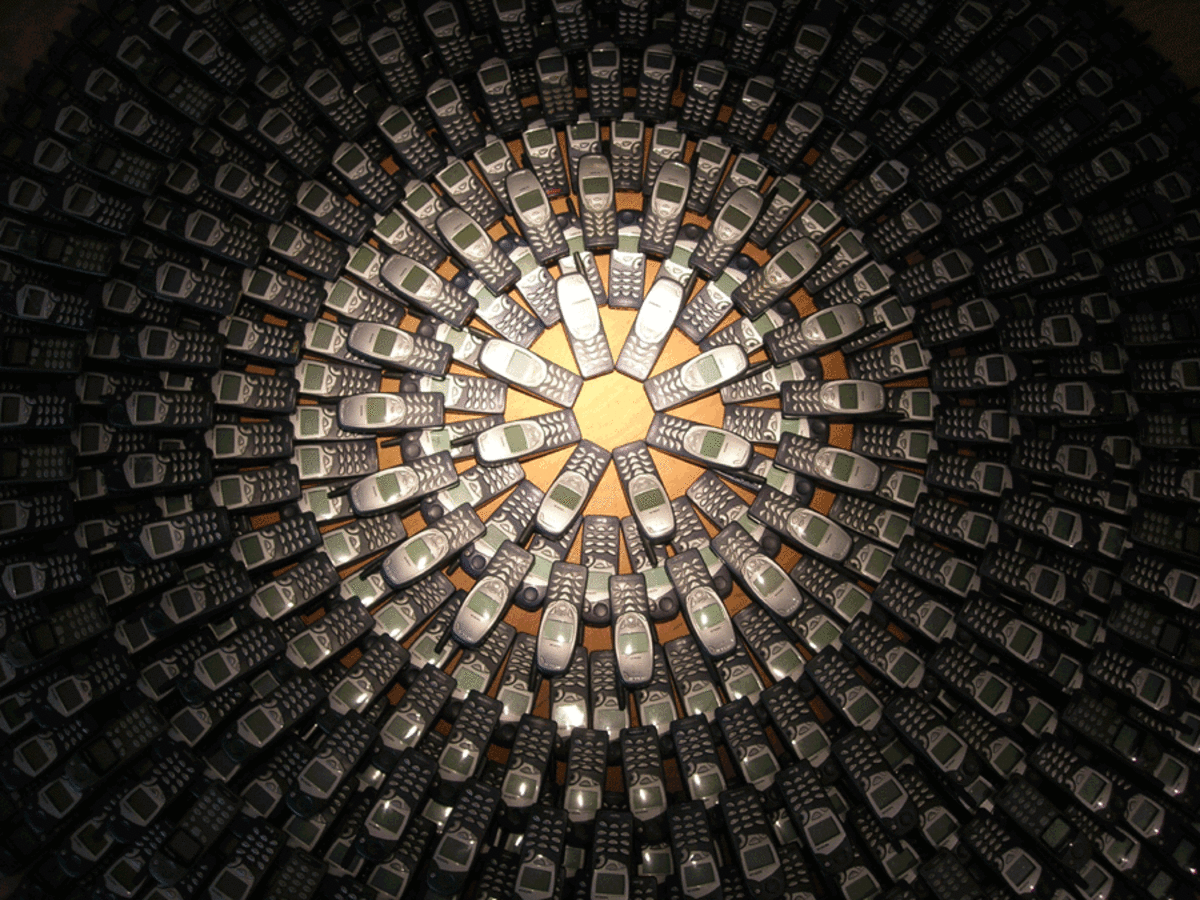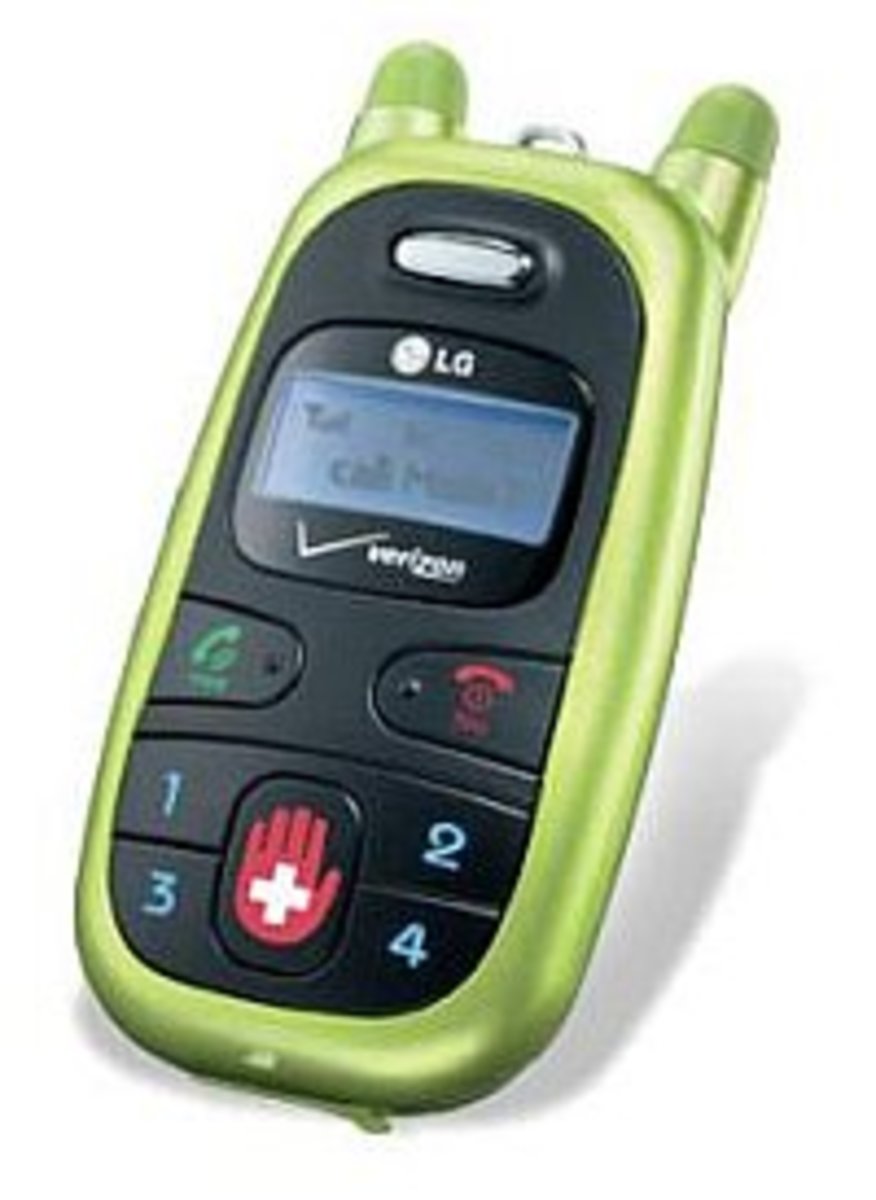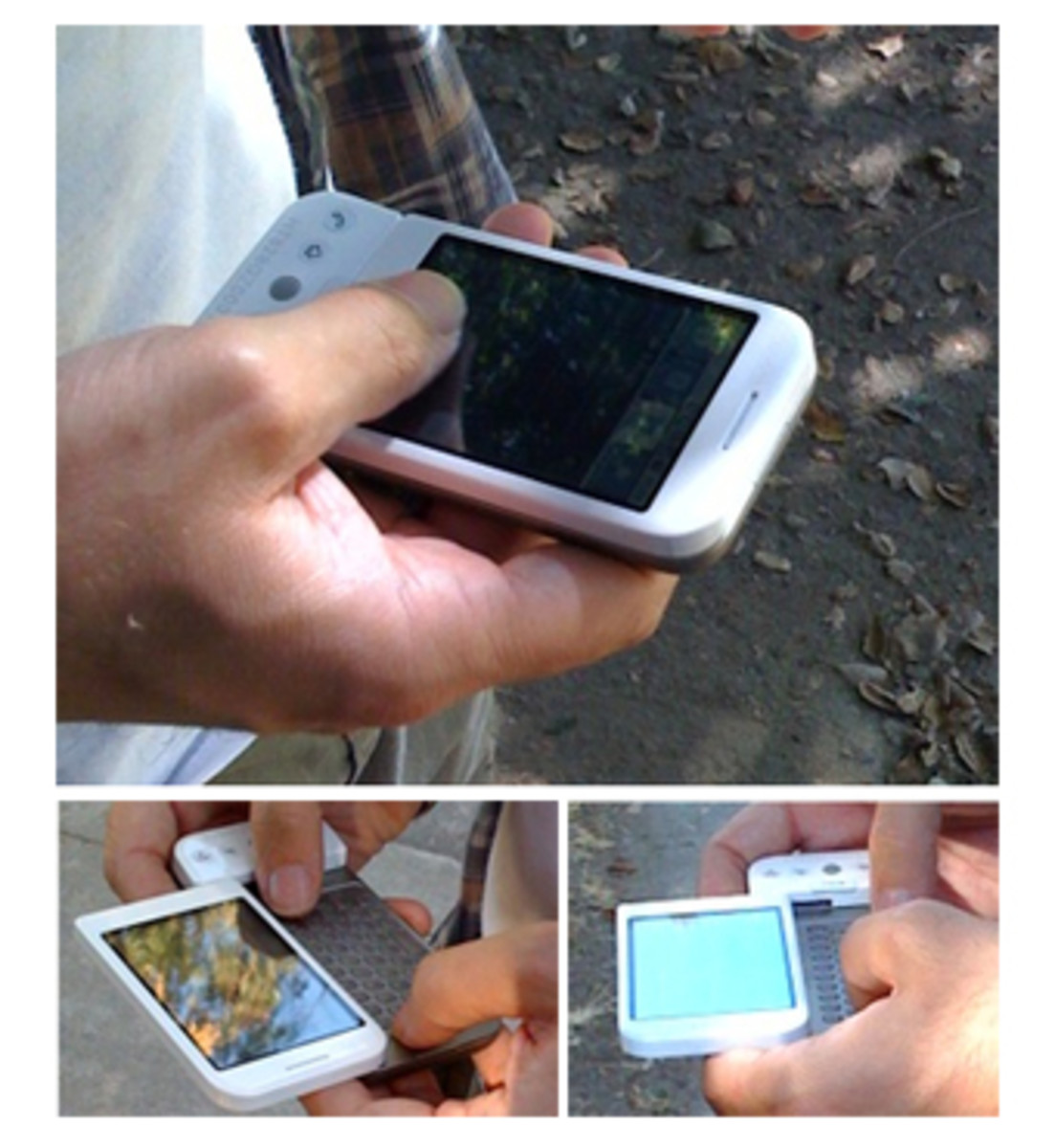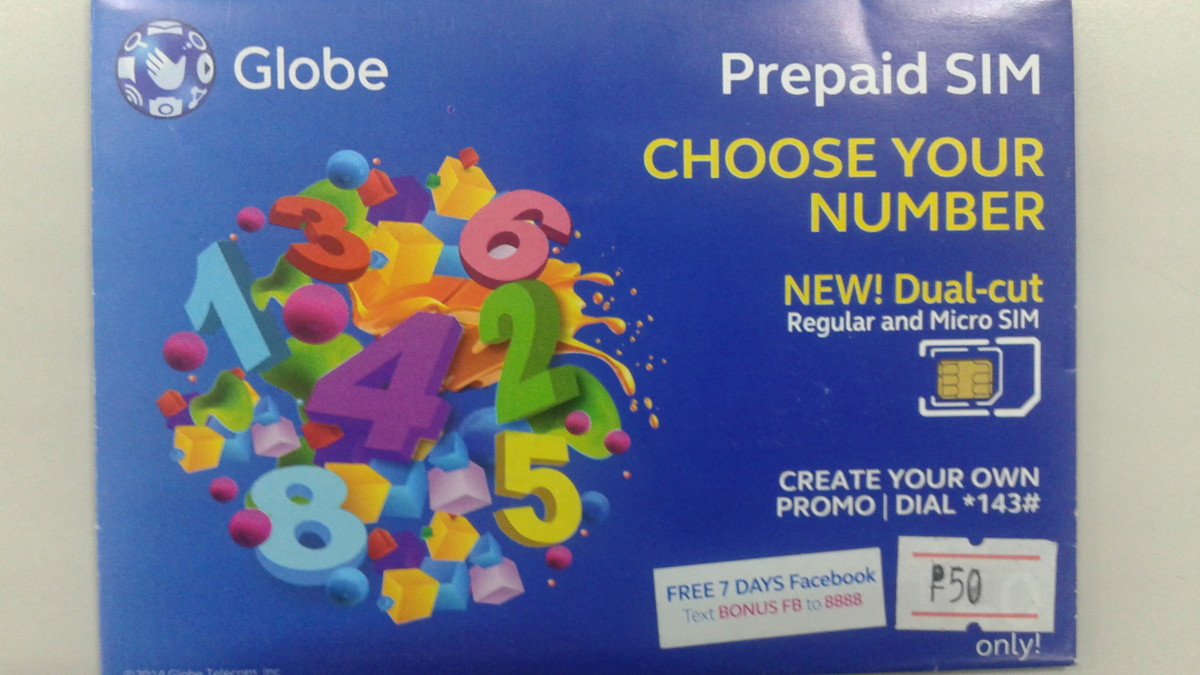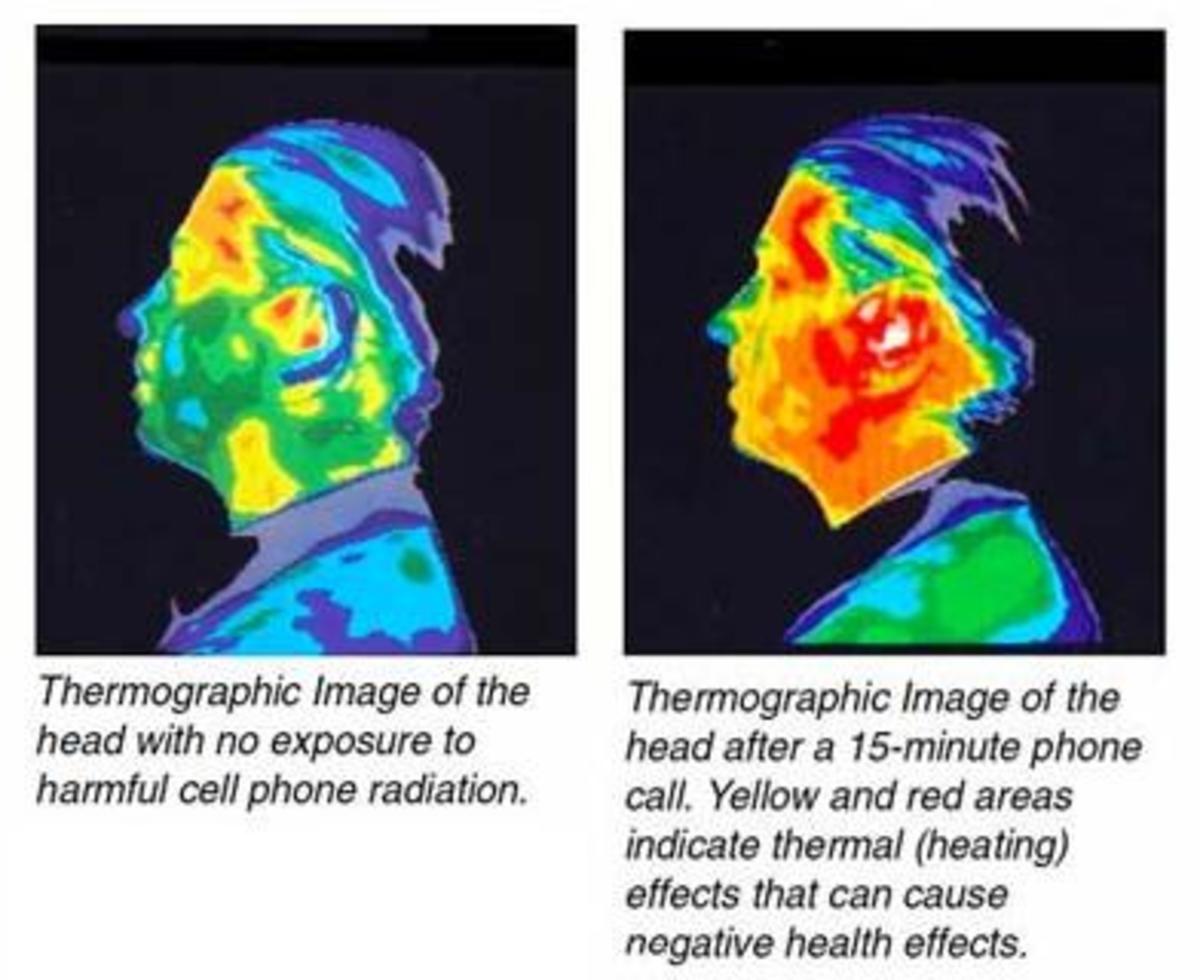Nigerians and Their Undying Love for Mobile Phones
The whole world thrives on communication, no doubts. Sometimes I wonder what the world would have looked like if there was nothing or should I say if there was no need for communication.
So like many things in life, the usefulness of some gadgets becomes less and less significant the more it is being put to daily use. And if care is not taken, that is exactly the fate of that small electronic piece of device which may be lying carelessly around you right now. I mean your mobile phone.
Do you have a mobile phone or phones as the case may be?
A lot of people do. But what may be fascinating is the fact that we may not be paying the very best of attention to this wonderful piece of invention. Too bad, if you ask me.
I don’t know where you live right now but in my own Nigeria, the mobile phone is one of the most important possessions you could ever have.
Why is this so?
I cannot start to lay claim as to why we are fascinated by these phones in this part of the world but one thing is definitely sure: we cannot do without our phones.
If you look closely to the issue at hand, you might argue that because of the recent introduction of GSM into Nigeria (please kindly permit me to call 2003 recent), the realities of the possibilities derivable from such mass communication in terms of creation of more jobs and other inherent economic advantages hit us like a terrible explosion and consequently more and more Nigerians joined the mobile telecommunication band wagon.
The manner in which business was conducted got a huge lift. The cost of running businesses dropped down dramatically as mobile phones destroyed most of the transportation and long distances constraints posed to these businesses. Banks jumped in too.
Hitherto this time, the word GSM was just one of those jargons only known to the telecommunication technical geeks. Mobile communication was strictly for the big guys alone. If you are lucky to have a dial-up landline telephone at home or in your work place, you can thank your lucky stars because you are made, so to speak. In fact, walkie-talkie then was a mystery thing to behold!
People who wanted to communicate had to go the extra mile to do such. This was hugely because Nigeria as a whole had only one national telecommunication carrier - NITEL. Some argued that the lack of competition in the telecommunication industry enabled NITEL to practice monopoly to the maximum. Whatever! The truth was that telecommunication was strictly out the reach of the general (poor) masses.
Then the wind of change started to blow.
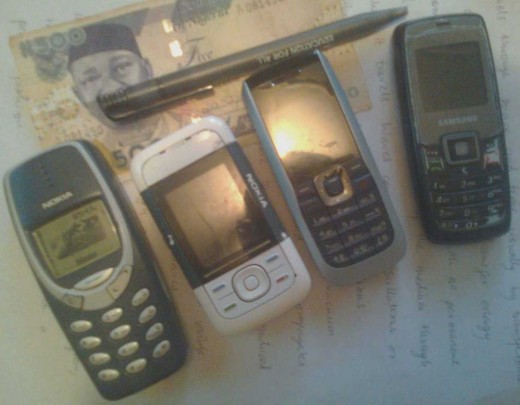

NITEL innovated and introduced pay phone system. People were able to buy a certain amount of call-credit units which they will now use in these pay phones installed and scattered in many areas in the country. There was still the attendant cry of high cost in making calls together with the inefficiency witnessed occasionally in these systems but then it was a right step towards the right direction as it gave a glimpse of the greater things that might be coming…
And did it come…
At first it was like a rumor, and then it became a song. GSM…GSM…the lyrics went. Then it became a reality. GSM is now in Nigeria! Praise the Lord!
Huh? What did you just say? Please hold it there!
Yes it came but it wasn’t really like what we were expecting. Lo and behold, there goes the same problem of high cost again! GSM became the big boys’ party once again. The mobile phones we saw then went for as high as eighty to ninety or even a hundred thousand naira which was quite a large sum going by the not too sound economic situation of things in the country then. The SIM cards went for as high as twenty to thirty thousand naira too. What about the charges in making these calls?
It was seriously following the footsteps of the others as many Nigerians were forced to label the acronym GSM as Go Spend Money!
But we had hope. We knew that such things normally happen to new technologies everywhere in the world and our own case is not expected to be an exception. We prayed that one day the high price will come down to within the reach of the common man. We expected that once there is effective competition between the licensed GSM operators in Nigeria that we might see the change we desperately deserved and desired.
And it happened like we prayed.
But between the times when the GSM was introduced to the point when it really became a common thing in Nigeria, there were some hiccups, glitches and suchlike…
First, the GSM mobile phones became an article of class and identity. Young university students were showing off their recently acquired and stylishly designed mobiles faddishly. There was also the nuisance we witnessed in public places and buses when people answer their calls with loud voices disturbing the whole peace while expecting you to understand and keep quiet after all had it been you had a solid phone like mine, you would be doing the same thing! I would have a laugh here because the truth is that if you give some of those people now those phones they were showing off then, they will most likely reject it while giving you that “are you crazy or something…?” kind of look.
Trust Nigerians…we like good and new things just like any other person!
Secondly, the mobile phone thieves went to work. Phone snatching became a new form of crime previously unheard of and unimagined in Nigeria. It was so bad that people, especially ladies, learnt how to clutch and hold onto their dear phones fast. People lost their costly phones like mad. It was really terrible. The police tried to curtail the ugly trend but the truth is that they can only try.
Thirdly, there was also the problem of call charges. The different network operators introduced various crazy billings which many people came to view as spurious, shortchanging and disenfranchising in nature. The people in the know amongst us told us that one day all these would be a thing of the past and we will all tell it as a story (just like I am doing now). They called it the testing phase.
Today their predictions are gradually coming to pass. We are not yet at El Dorado but who knows…I think we are getting there! Who would believe that one day you could buy a fanciful and well equipped GPRS-enabled mobile phone (even though it may be second hand) for something below five or six thousand naira? Who would believe that a time will come when the various mobile telecommunications network operators who used to sell their SIM pack at the exorbitant(?) price of twenty-five thousand naira or thereabout would be giving out the same SIM pack for free?!
Things are changing and changing fast too!
These days, there are several promos organized by these network operators here and there encouraging Nigerians to join their network. The sweetest things in life can only be visualized and enjoyed when one has a very nice gift of choice scattered or spread amongst some nicest options you can ever imagine!
Today we in Nigeria cannot do without our mobiles. Both the young and the old are in the game. Everywhere you go, you see it at work. Market women and bus drivers are not even left out. Everybody is tied to his/her phone in one way or the other! Money can now be easily transferred from one person in one location to another person within a short matter of time. We even browse the internet now on the phone and that is like our own manna from heaven! We are now connected and fully integrated into the information world all thanks to the GSM revolution and that all important mobile phone.
So there you have it my friend. If you are thinking of investing in something else and you think mobile phone business is sweet music in your ears and at the same time you are thinking of which country to start off with, don’t look far again. Nigeria beckons. If your thing is mobile phone accessories and you are looking for a ready market, Nigeria is it!
If you want to exploit the penetrative capabilities of the internet in terms of making your business known, my friend, why not try Nigeria? We have the people, we have the number and what else again, we are also an emerging economy and that means we have the market! If you doubt me, go to goal.com and discover where the greatest number of comments on football events is coming from assuming you want to market football. You can also check with your-freedom.net to see where their highest number of users is coming from.
But all these things would not have been possible if not for the introduction of GSM in Nigeria and the increasing number of mobile phone users nationwide.
So you can now see why I said that we cannot do without our mobile phones in Nigeria. We dream it, we wear it, we cuddle it, we kiss it, we talk to it, we play with it, and one day we might even eat it! Hahaha!
The fact is we cherish it a lot. Sorry if you don’t understand why this is so but the truth is that we do all these things because we knew it took us a long time and a long way to come to this level and the good news is that we are still starting…

